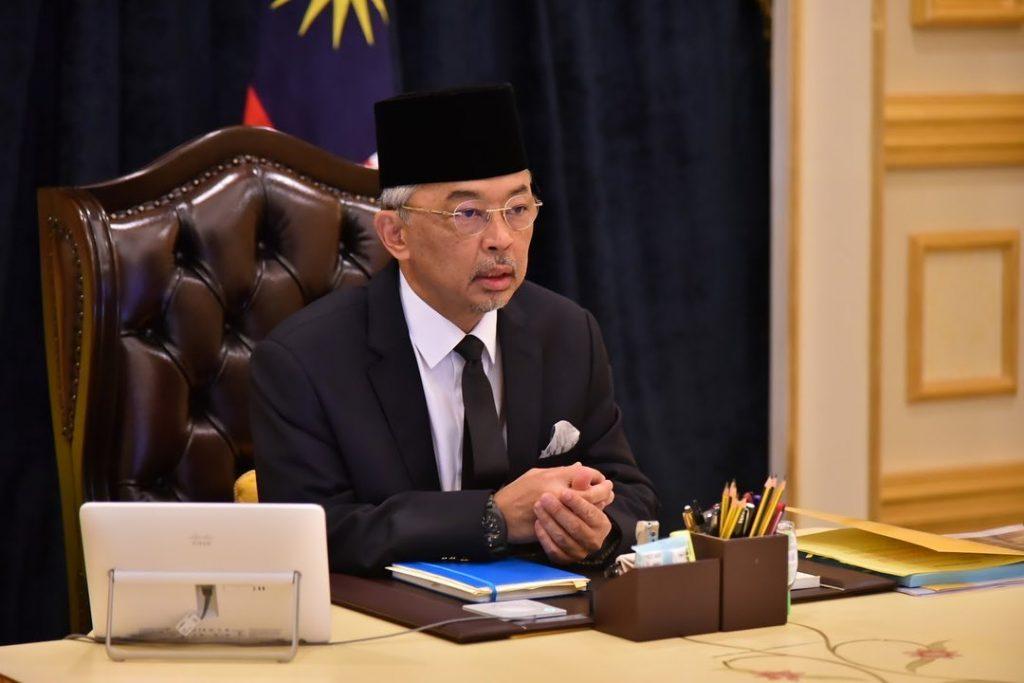When and how Parliament meets is outside Agong’s powers, says former top judge
Gopal Sri Ram also says the Agong's power to appoint the prime minister does not come with the power to sack him.
Just In
The constitution accords no power to the Yang di-Pertuan Agong on the workings of Parliament, including on when it should convene, says one of Malaysia’s most renowned constitutional experts.
“The king may not direct the prime minister to convene Parliament. He has no power to do that,” Gopal Sri Ram, a former Federal Court judge with more than 800 judgments that became Commonwealth legal references, told MalaysiaNow.
His comments come in the wake of intense speculation that Prime Minister Muhyiddin Yassin is under pressure to convene a promised confidence vote on him ahead of schedule, despite his assurance that it will be held at the next Dewan Rakyat sitting in September.
The move has sparked concerns of a power vacuum should Muhyiddin seek the dissolution of Parliament to make way for a general election, which could throw Malaysia’s battle against the raging Covid-19 pandemic into chaos.
This is because, as Sri Ram said, rejecting a request to dissolve Parliament is one of three constitutional powers bestowed on the Agong.
“The king may decline dissolution. He has the sole discretion to do so,” Sri Ram said.
“Once the king refuses dissolution, the Cabinet must resign, including the prime minister,” he added.
Sri Ram was referring to Article 40 of the constitution, which spells out three powers of the Agong: to reject a request to dissolve Parliament, to convene a meeting of rulers, and to appoint a prime minister.
But Sri Ram said the Agong’s power to appoint the prime minister does not come with the power to sack him.
“There is no power to dismiss (the prime minister).”
PKR president Anwar Ibrahim and his Umno counterpart Ahmad Zahid Hamidi have been stepping up their efforts to bring forward the confidence vote, ahead of court trials on corruption involving the latter as well as former leader Najib Razak.
Last year, Dr Mahathir Mohamad’s sudden resignation left Malaysia without a government for days, as the Agong conducted interviews with all 222 MPs to determine who had the support to form a new government.
Muhyiddin was appointed just as the Covid-19 pandemic began taking its toll.
With Malaysia also recording a surge in cases due to the highly contagious Delta variant sweeping through Asia, any pause of power in Putrajaya could affect the country’s Covid-19 battle, including its hope of achieving herd immunity by October.
Subscribe to our newsletter
To be updated with all the latest news and analyses daily.
